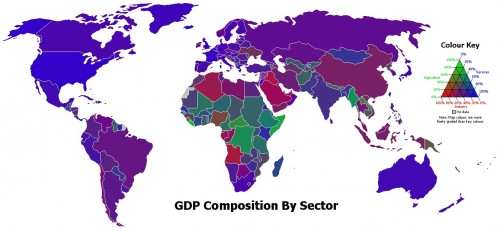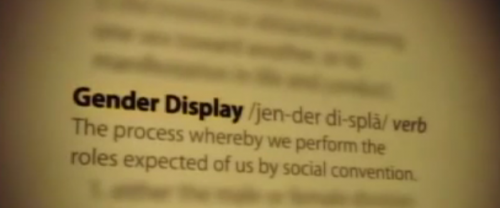Earlier this month, Louisiana’s legislature voted to expand its school voucher program to cover the entire state, allowing parents whose children attend low-rated schools to use government-funded vouchers to help pay the cost of tuition at one of about 125 schools on an approved list (assuming, of course, their child is accepted). Another law recently passed in the state will provide tax credits for private donations to voucher programs, a policy already implemented in some states, including Pennsylvania.
Critics have expressed concern about some of the schools approved for the program, including a lack of site visits in the approval process and the inclusion of schools that do not appear to have the facilities or staff for the large increases in enrollment that would result if all of their available vouchers were used.
The expansion of the voucher program has also brought renewed attention to the curricula used at schools receiving state funds through voucher systems. Some of the schools approved for the voucher program in Louisiana, as well as other states, use textbooks produced by several evangelical organizations, including A Beka Book and Bob Jones University. In the documentary School Choice: Taxpayer-Funded Creationism, Bigotry, and Bias, Rachel Tabachnick and Bruce Wilson discuss Pennsylvania’s voucher program. Here’s an 8-minute clip focusing on the contents of some textbooks published by A Beka Book and BJU:
Examples from A Beka Book and Bob Jones University Press Curricula from Bruce Wilson on Vimeo.
Highlights:
- Humans and dinosaurs co-existed.
- God designed “checks and balances” to prevent environmental crises, so chill! After all, “Roses are red, violets are blue; they both grow better with more CO2.”
- “Rumors” of foreclosures, high unemployment, homelessness, and general misery during the Great Depression are just socialist propaganda.
- Unions just want to destroy the accomplishments of “hardworking Americans.”
- Mormons, Unitarians, and Catholics = bad.
- And then there’s the history of racial/ethnic relations: “God used the ‘Trail of Tears’ to bring many Indians to Christ” and “Through the Negro spiritual, slaves developed patience to wait on the Lord and discovered that the truest freedom is freedom from the bondage of sin.” No, seriously — I didn’t make those up.
You can read some additional examples in a recent post at Salon, including the following:
Are dinosaurs alive today? Scientists are becoming more convinced of their existence. Have you heard of the `Loch Ness Monster’ in Scotland? `Nessie,’ for short has been recorded on sonar from a small submarine, described by eyewitnesses, and photographed by others. Nessie appears to be a plesiosaur.
Schools using these texts have been approved to receive government funds for education. It highlights one of critics’ concerns about voucher programs: that it is, in effect, often a way to provide taxpayer-funded education that is explicitly religious and may or may not conform to accepted standards of scientific inquiry.
Here’s the full-length documentary:
School Choice: Taxpayer-Funded Creationism, Bigotry, and Bias from Rachel Tabachnick on Vimeo.
Also see our earlier post on a Texas textbook standards advisor explaining that books should emphasize the positive, such as how minorities ought to be really grateful to Whites for giving them rights.






